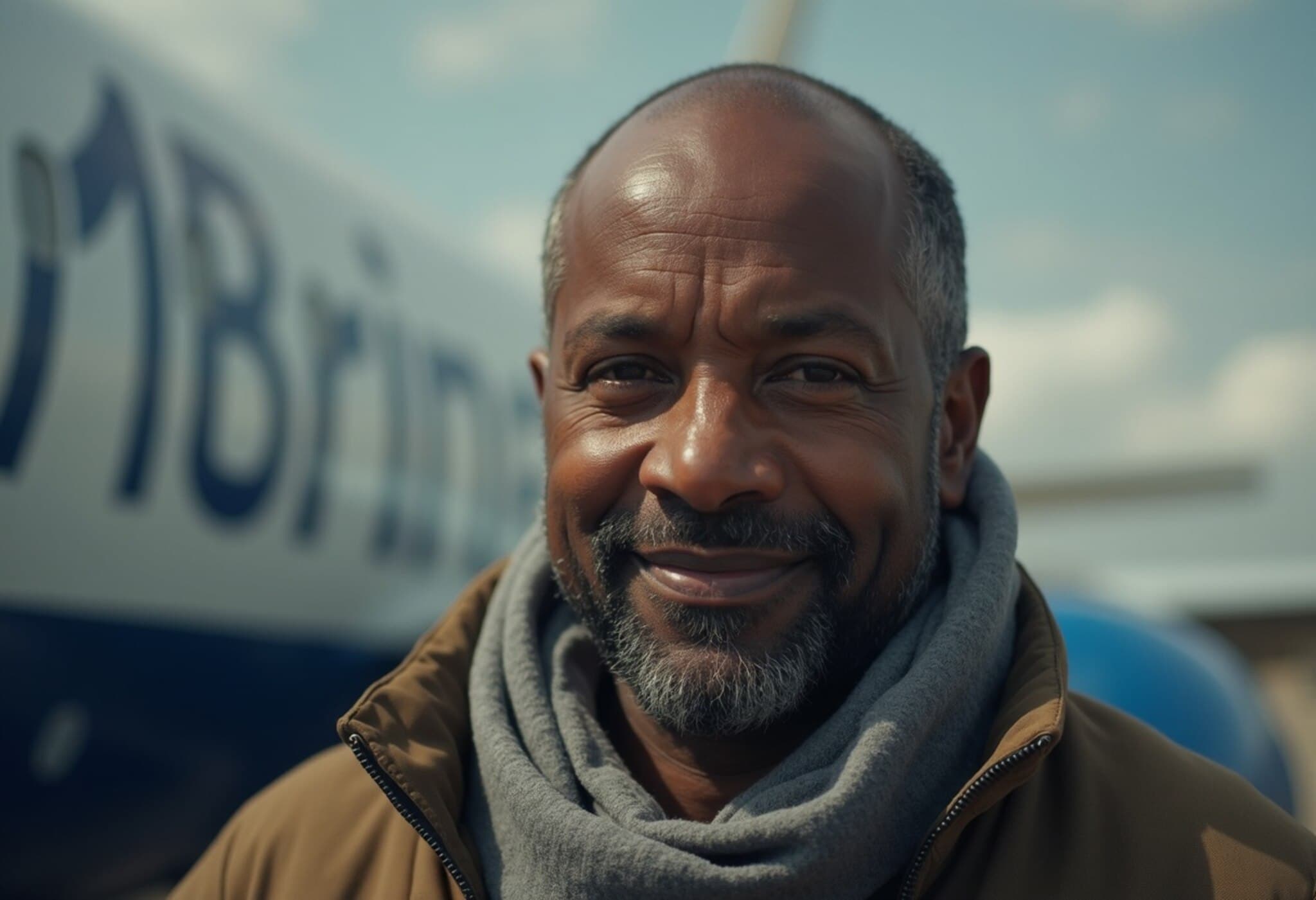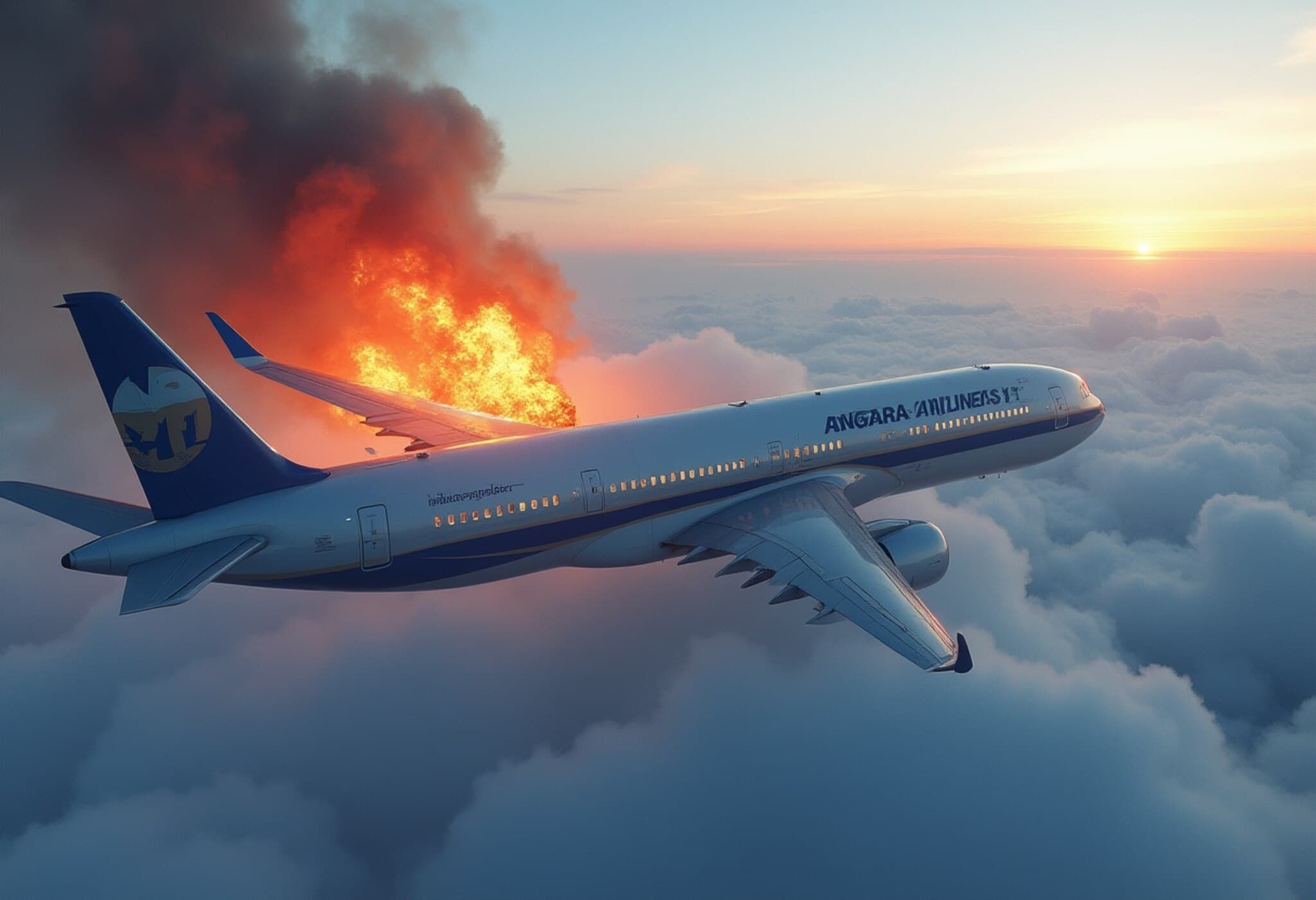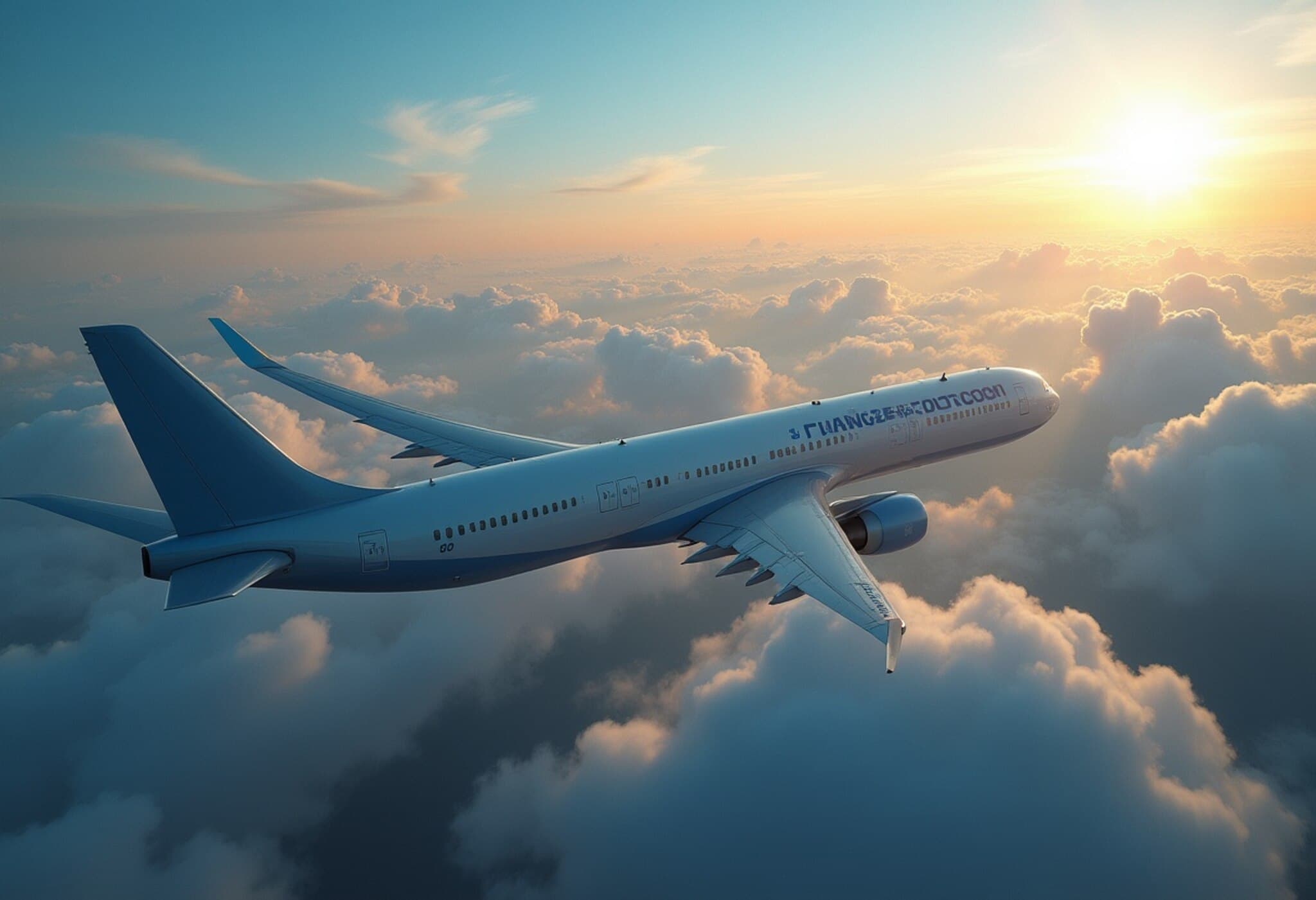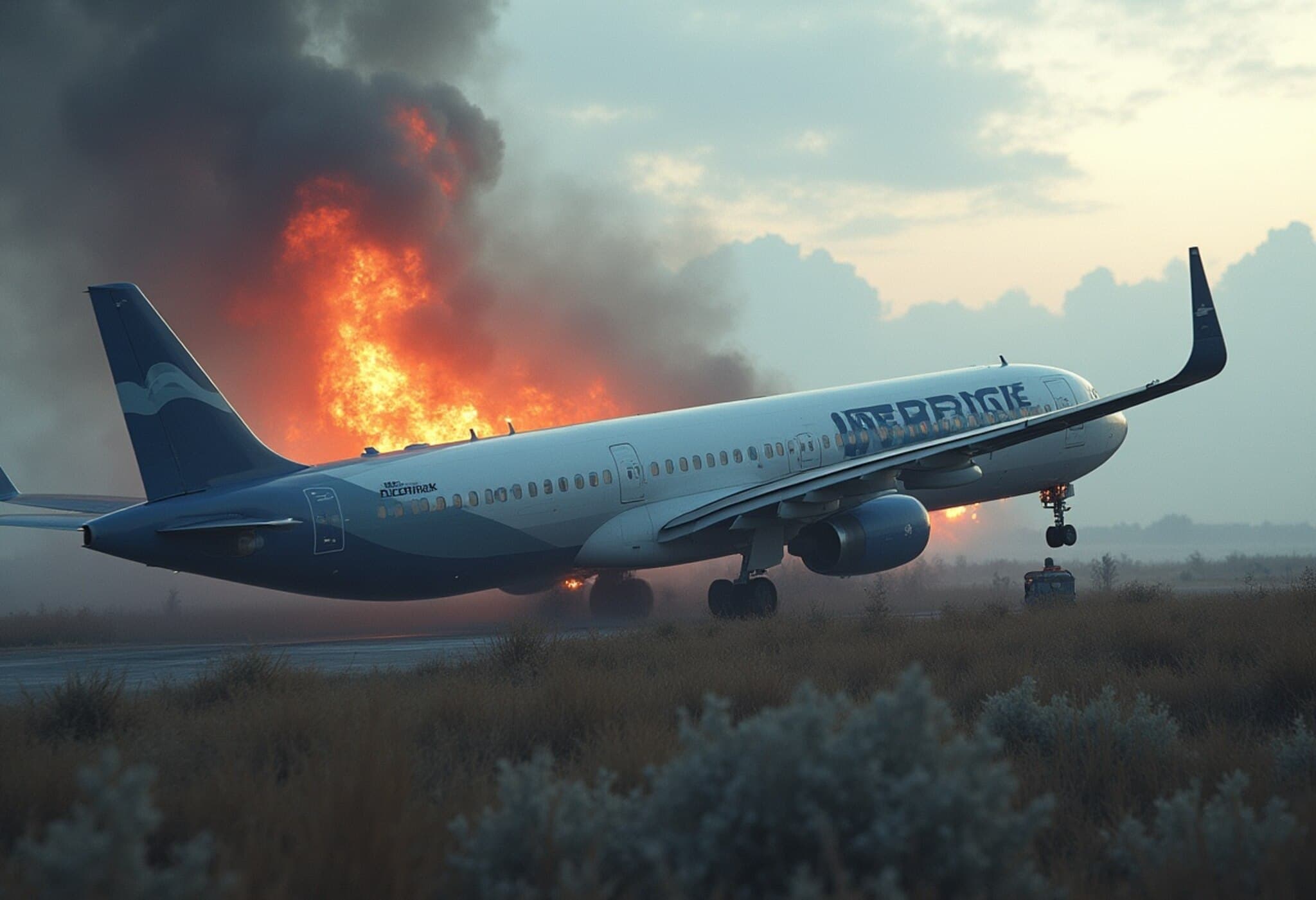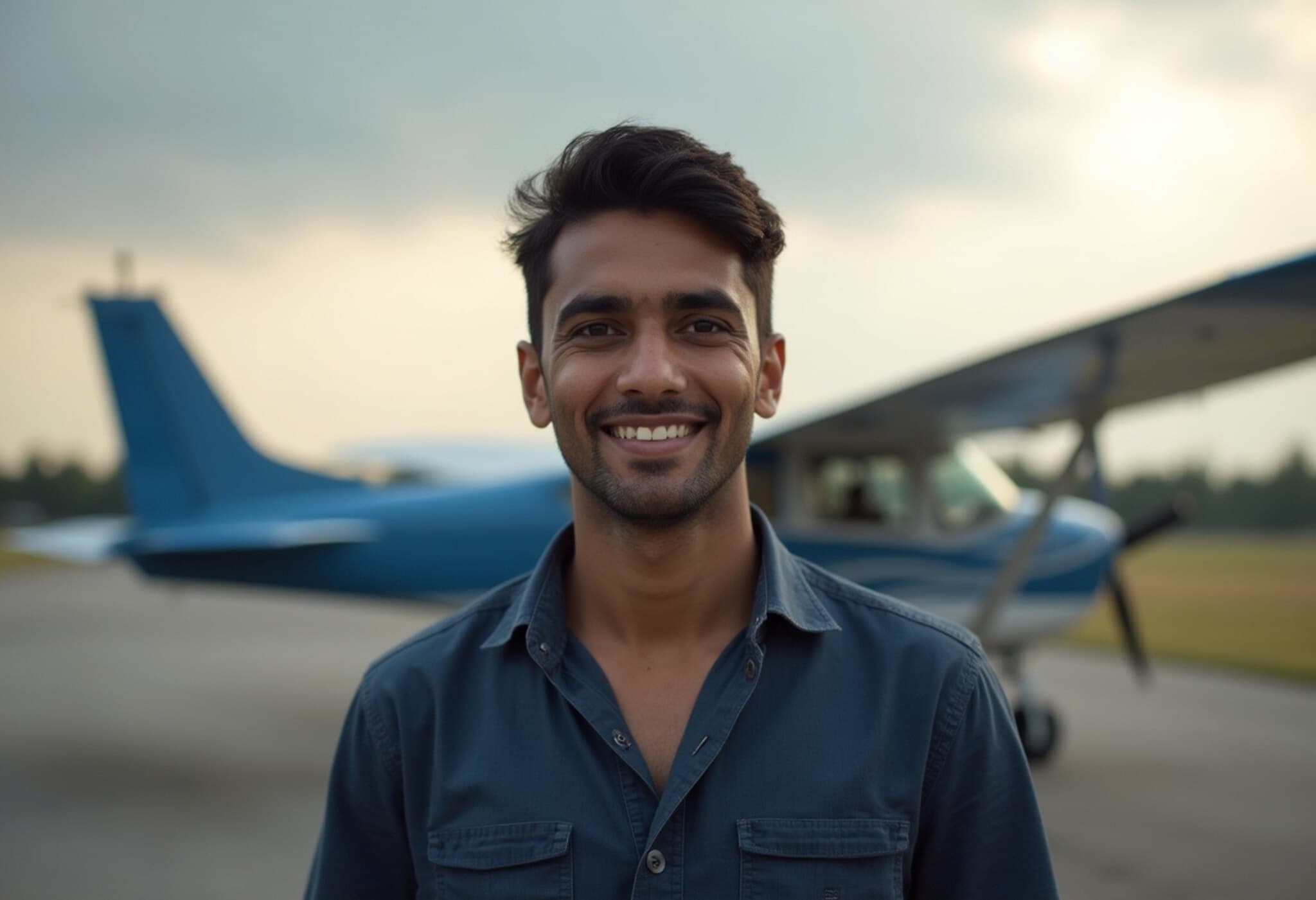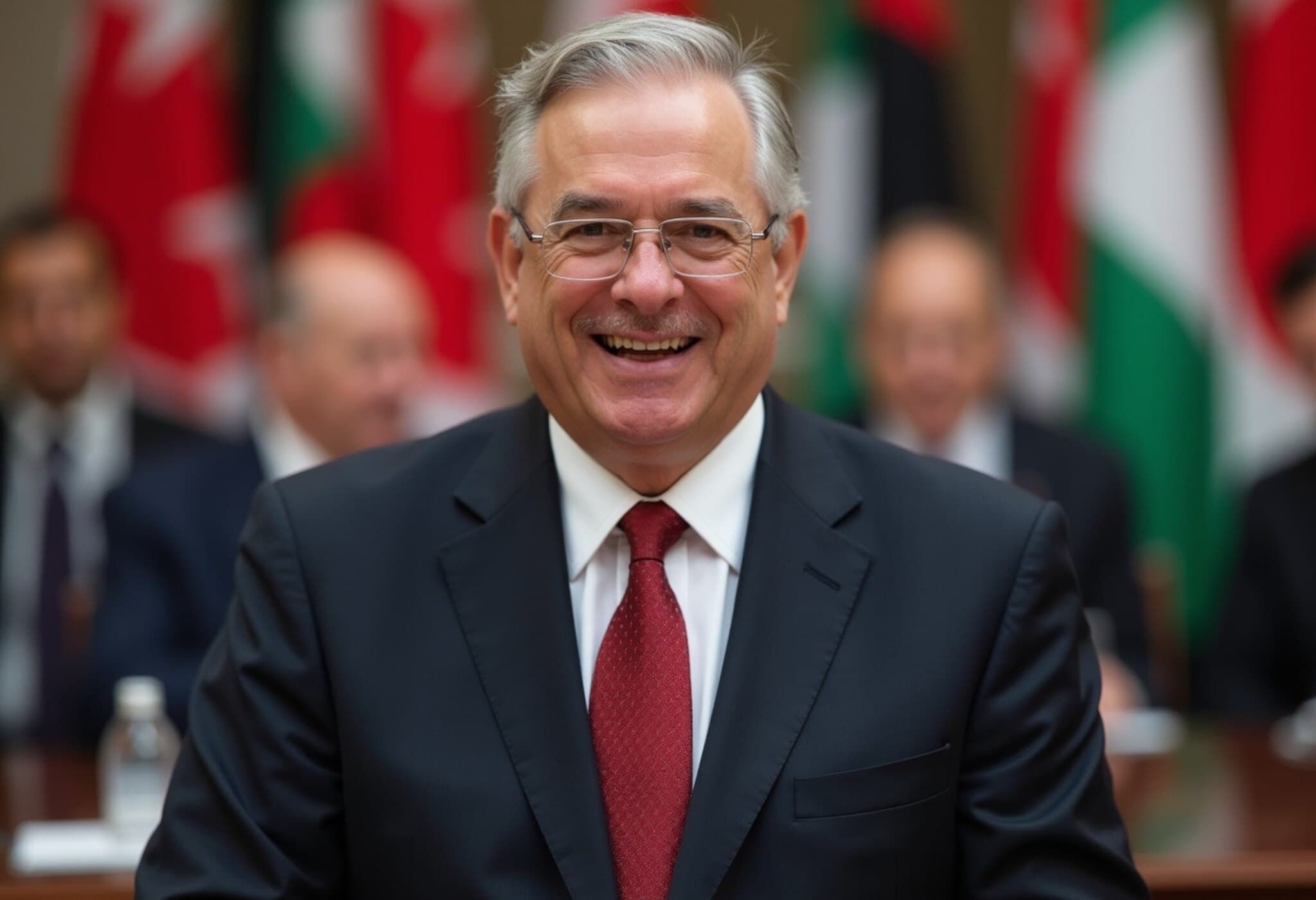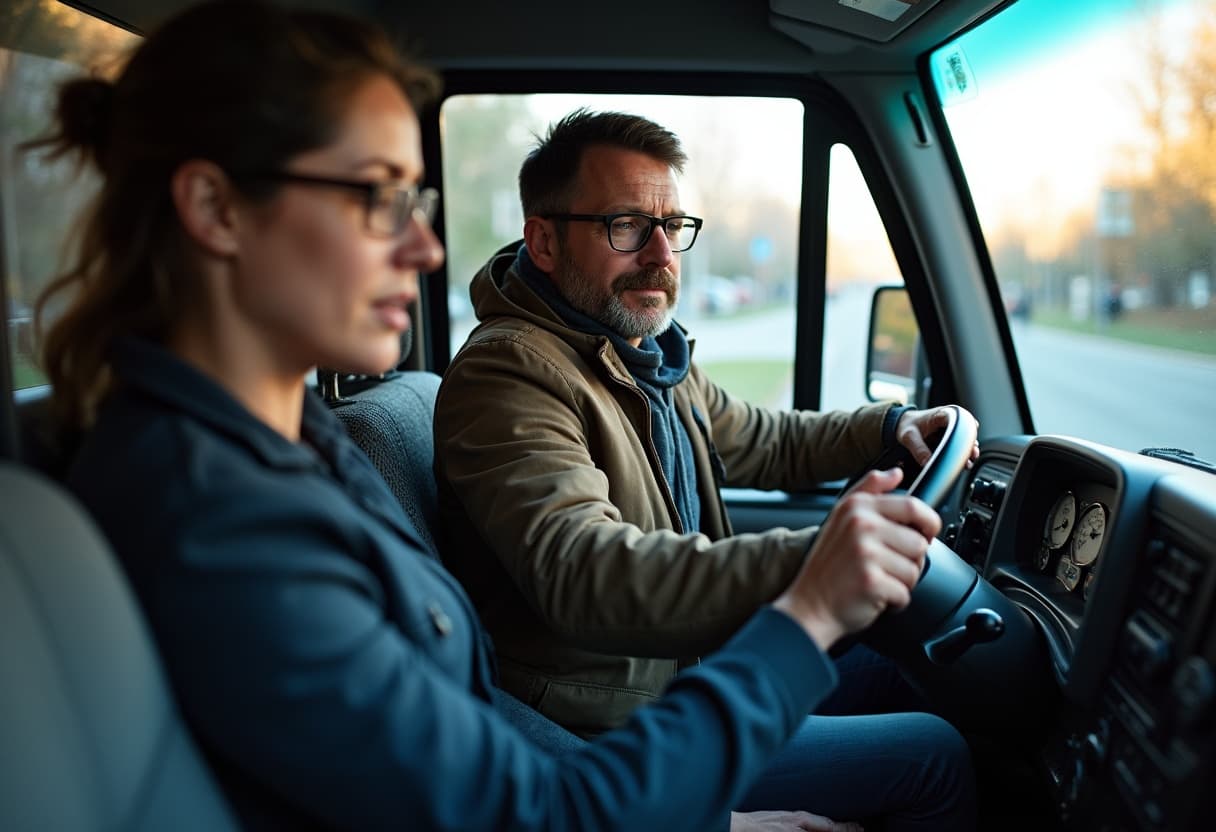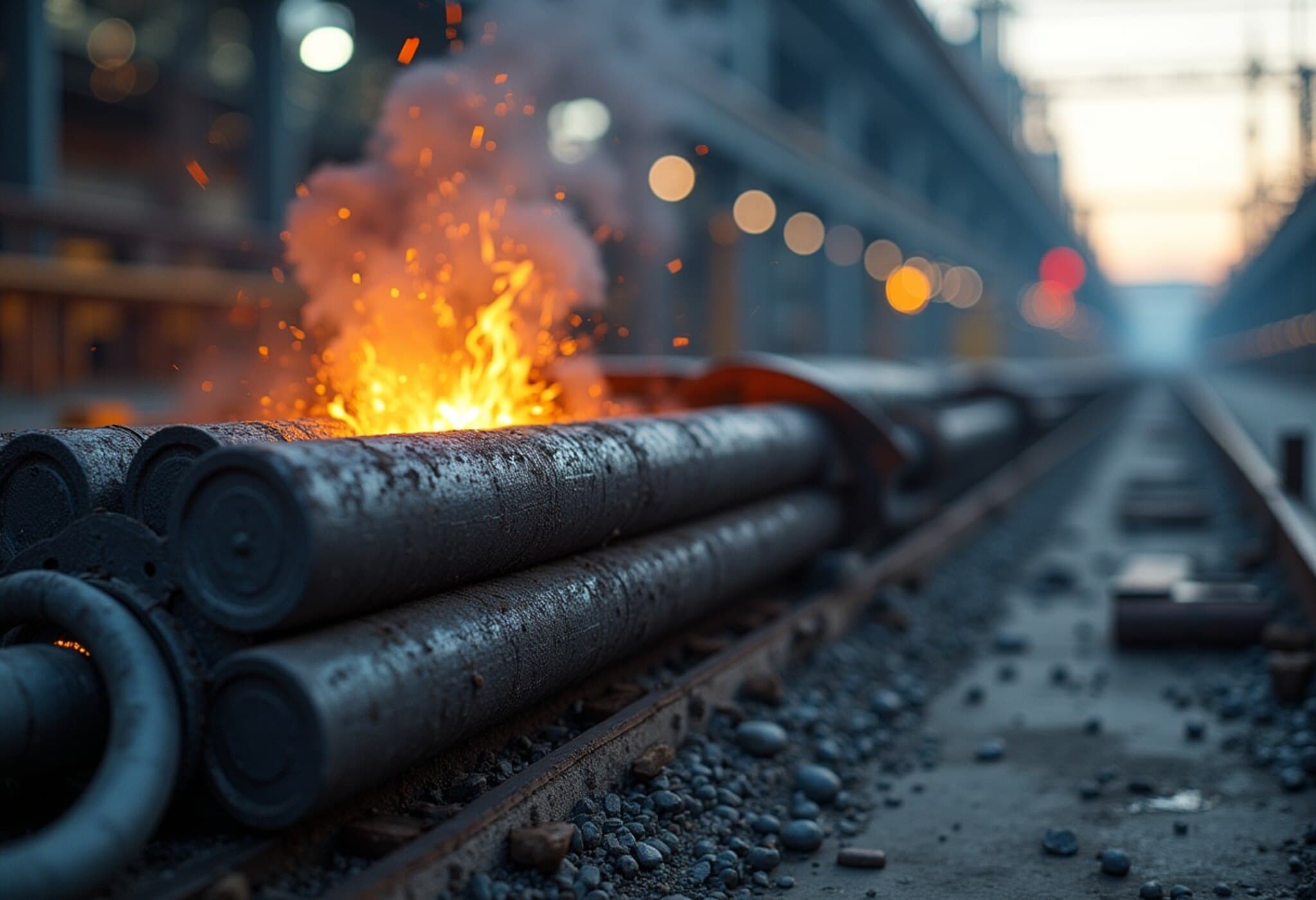Boeing Reaches Last-Minute Settlement in Tragic Ethiopian Airlines Crash Lawsuit
In a poignant turn of events, Boeing has finalized a settlement with Paul Njoroge, a Canadian man who tragically lost his wife and three young children in the devastating Ethiopian Airlines Flight 302 crash of 2019. The settlement, reached on Friday, July 11, 2025, preempted the highly anticipated trial set to begin the following Monday in Chicago’s federal court, which was expected to examine damages stemming from the catastrophic incident.
Behind the Headlines: A Family's Unimaginable Loss
Paul Njoroge’s family was en route to their native Kenya aboard Ethiopian Airlines Flight 302 when the Boeing 737 Max plane malfunctioned shortly after takeoff from Addis Ababa Bole International Airport, resulting in the deaths of all 157 people on board. The day marked one of the darkest moments in aviation history, triggering a global grounding of Boeing’s troubled Max fleet.
For Njoroge, the aftermath has been a relentless emotional battle. His attorney, Robert Clifford, paints a heart-wrenching picture of a man overwhelmed by grief and trauma. “He’s grappling with complicated sorrow and emotional stress,” Clifford said, emphasizing how Njoroge is haunted by nightmares and struggles to reconcile with his profound loss. Njoroge reportedly cannot return to his family home in Toronto, where memories of his late wife and children weigh heavily, and he has encountered criticism from relatives for not being with his family during their final moments.
The Settlement: Details Remain Confidential
While specific financial terms of the settlement remain under wraps, Clifford revealed that Njoroge had initially sought “millions” in damages but opted against publicly declaring an exact figure. Clifford Law Offices’ aviation team was reportedly preparing robustly for the trial, yet mediation successfully brought the parties to an agreement, sparing the case from the courtroom.
Contextualizing the Crash and Boeing’s Broader Accountability
This legal case was poised not to dissect the intricate technical faults of the Boeing 737 Max but rather to focus on the human toll and compensation. The tragic crash was the second fatal accident involving Boeing’s 737 Max within a year, following the Lion Air crash off Indonesia in October 2018. Combined, these disasters claimed 346 lives worldwide, sparking intense scrutiny of Boeing’s safety protocols and regulatory oversight.
In 2021, Boeing formally accepted responsibility for the Ethiopian Airlines disaster and agreed to allow victims’ families to file claims in U.S. courts, a significant step that recognized the company’s accountability and the global impact of its aircraft's defects. Victims hailed from 35 countries, highlighting the widespread reach of the tragedy. Several family settlements have been reached before Njoroge’s, but details have largely remained confidential.
Technical Failures and the Path Forward
Investigations revealed that a faulty sensor triggered the Maneuvering Characteristics Augmentation System (MCAS), designed to keep the planes nose down, which tragically malfunctioned and rendered pilots helpless. These revelations prompted the worldwide grounding of the 737 Max fleet, pressing Boeing to overhaul the system thoroughly.
Earlier this year, Boeing resolved criminal investigations related to these crashes by reaching a settlement with the U.S. Department of Justice, which allowed the company to avoid criminal charges—a resolution that has sparked debate about accountability in corporate tragedies.
Expert Insights: The Ripple Effects of Aircraft Safety Failures
The Boeing 737 Max disasters underscore the vital importance of regulatory vigilance and technological transparency in aerospace engineering. Aviation safety experts often emphasize that beyond the technical fixes, corporations must address the emotional and psychological restitution owed to victims’ families. The long shadows cast by these crashes have prompted policymakers in the U.S. and worldwide to reconsider certification processes and whistleblower protections to ensure passenger safety is never compromised.
Moreover, the settlement’s confidentiality raises broader questions about the transparency of corporate accountability mechanisms and the legal avenues available to grieving families seeking justice. It invites a critical discussion on how the law balances the interests of large corporations and individual plaintiffs in catastrophic events.
Looking Ahead: Healing and Industry Reform
While Paul Njoroge’s settlement closes one chapter, it leaves open the broader dialogue on how aviation companies can better support victims while rebuilding public trust. The aviation community continues to learn from these events, striving for rigorous safety improvements to prevent future tragedies.
Key Takeaways
- Boeing settled with a Canadian plaintiff, avoiding what would have been the first trial linked to the 2019 Ethiopian Airlines crash.
- The crash led to the death of 157 passengers, including Njoroge’s wife and three children.
- Technical failures of the 737 Max's MCAS system caused worldwide grounding and regulatory scrutiny.
- Settlements highlight the delicate balance between corporate accountability and victims’ pursuit of justice.
- The crash has prompted ongoing reforms in aircraft certification and corporate responsibility practices.
Editor's Note
This settlement closes a painful chapter for one family but opens a wider conversation about how catastrophic corporate failures should be addressed—both legally and ethically. As Boeing moves forward, the aviation sector faces the urgent task of restoring public confidence through uncompromising safety and genuine accountability. For readers, it raises critical questions: How transparent should such settlements be? And what more can the aerospace industry do to honor the lives lost while preventing future tragedies?

